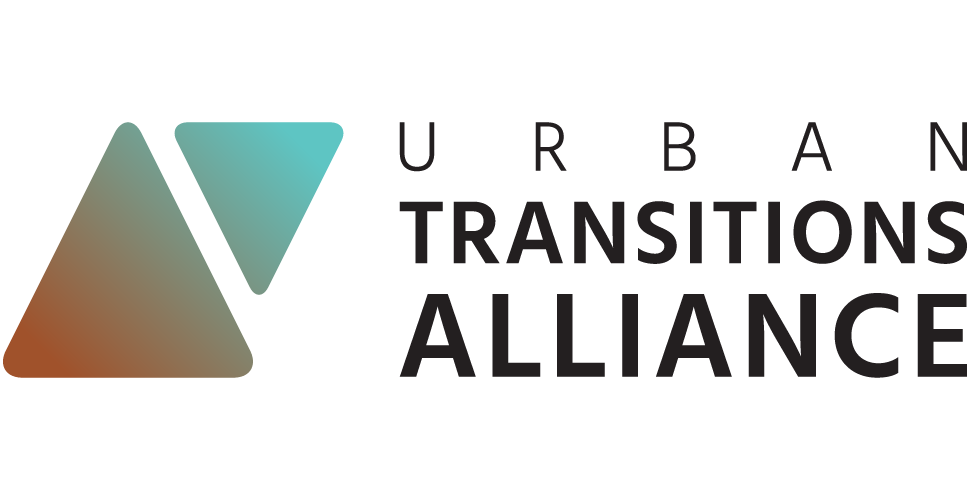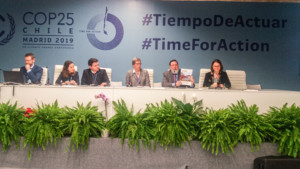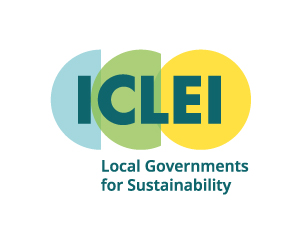ALLIANCE CITIES BRING EQUITY MESSAGES TO COP25
Industrial legacy cities emphasize the urgency for inclusive climate action
Industrial legacy cities worldwide are harnessing their industrial identity and cultural heritage to tackle local challenges related to climate risk, environmental degradation and inclusive sustainable development. Industrial decline and subsequent structural changes in these cities has had long-lasting effects which primarily impacted specific population groups and neighborhoods.
Due to their fundamental environmental, economic and social transitions, industrial legacy cities are experts in reinventing themselves and turning challenges into opportunities. Key assets such as legacy infrastructures and a strong civil society help these cities to address global challenges related to environmental pollution, unemployment and social inequality.
Cities in the Alliance are striving to mainstream equity-based approaches in their transition projects. This approach enables them to not only to achieve climate and environmental targets, but also to provide opportunities to local citizens, especially vulnerable and disadvantaged groups.
At UN Climate Change Conference COP25, the Urban Transitions Alliance member cities of Essen (Germany), Pittsburgh (USA) and Turku (Finland) have showcased their transition achievements and ambitious targets for inclusive climate action.
Key messages Alliance cities brought to COP25:
- Alliance cities’ success stories show the scope of change that is possible. Industrial legacy cities have experienced a fundamental transition of their environmental, economic and social systems. At COP25, they are at the forefront of ambitious climate action.
- Urban transitions have multiple impacts on local communities. To ensure just climate action, plans need to be designed in an inclusive and participatory way. By exploring how social equity and climate action can reinforce each other, Alliance cities are paving the way for others to follow.
- There is no excuse to hesitate. Industrial legacy cities’ experiences confirm the need to anticipate future trends, act now and embrace the opportunities of new development pathways.
READ UP ON THE STORIES OF INDUSTRIAL LEGACY CITIES
Pittsburgh, USA
Pittsburgh Mayor Bill Peduto brings a vision of how to safeguard past transition achievements. With shale companies threatening, equitable approaches and the Urban Transitions Alliance are more important than ever for Pittsburgh.
Mayor Peduto’s goal is a truly inclusive approach. “Listen to the people, work with them, and, as they value clean air and green spaces, put money behind it.”
Essen, Germany
The glorious past returns: At the height of the industrial revolution, Essen was a hub of innovation, technological developments and new ideas. Now the city is leveraging its former industrial glory to achieve new transition goals.
Low-income neighbourhoods still suffer disproportionately from noise and environmental pollution. “We must still invest more money there than in the other neighbourhoods”, says Deputy Mayor Simone Raskob.
Turku, Finland
Turku Mayor Minna Arve’s advice on circularity? Imagine the possibilities. Then get started. After committing to carbon neutrality by 2040 at the Paris Summit in 2015, the city has since challenged itself to achieve neutrality by 2029.
Mayor Arve observed, “You can’t do it all alone. You need the cooperation of regional, national and international partners as well – partners you can get feedback from and learn about what you can do better.”





